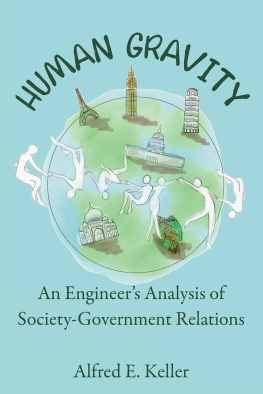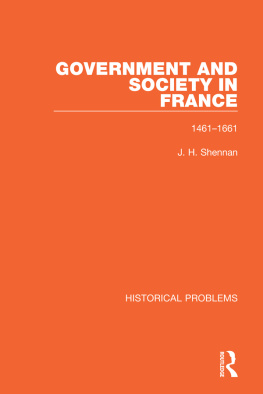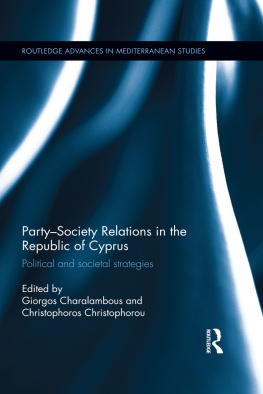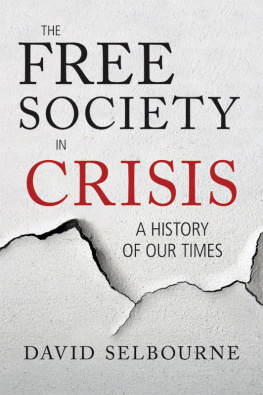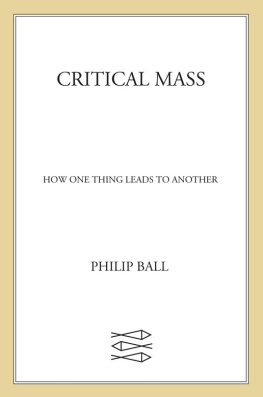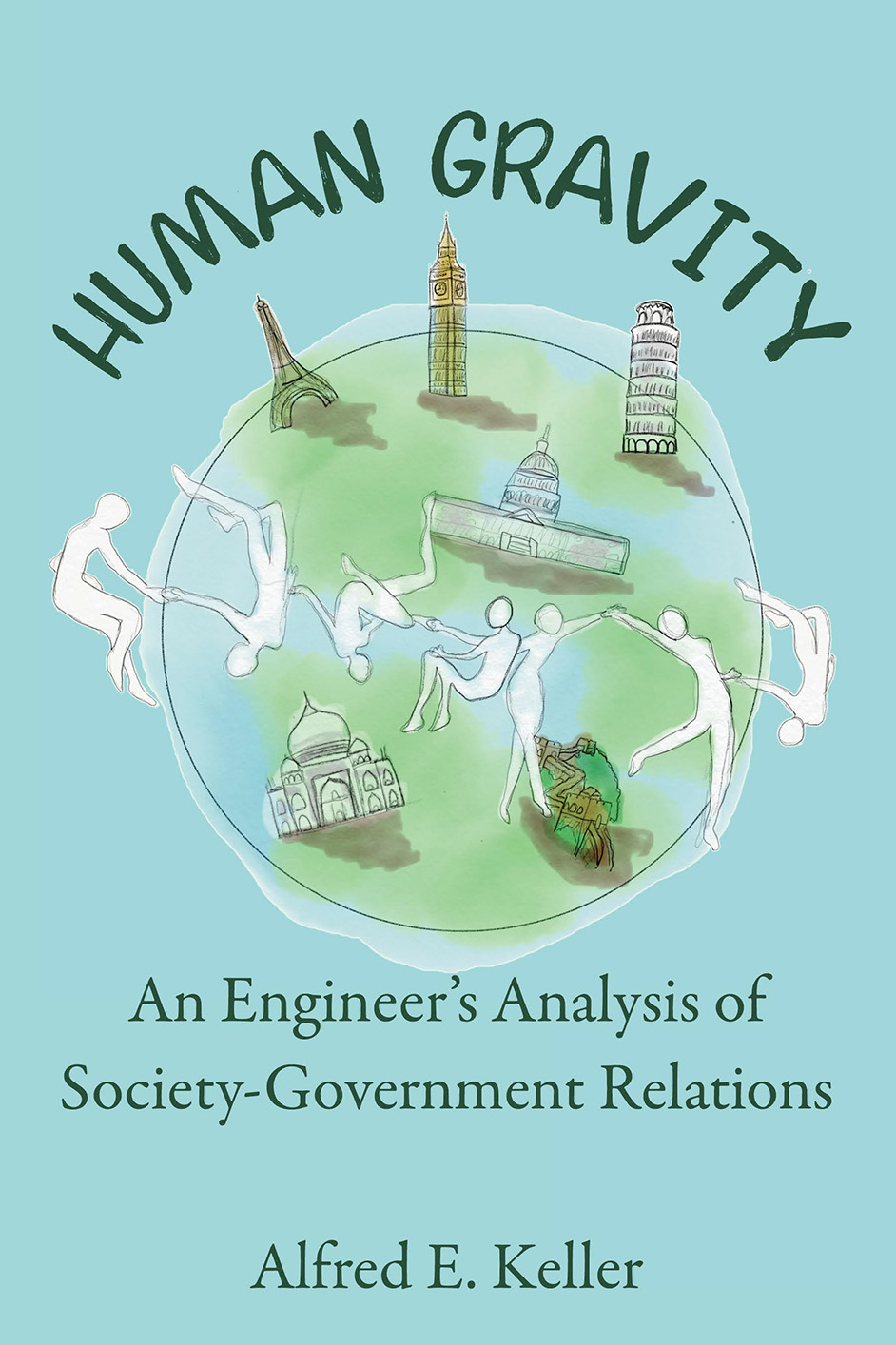Human Gravity
Human Gravity An Engineers Analysis of
Society-Government Relations Alfred E. Keller

2020 Alfred E. Keller
Human Gravity
An Engineers Analysis of Society-Government Relations
All rights reserved. No portion of this book may be reproduced, stored in a retrieval system, or transmitted in any form or by any meanselectronic, mechanical, photocopy, recording, scanning, or otherexcept for brief quotations in critical reviews or articles, without the prior written permission of the publisher.
Published in Nashville, Tennessee, by Elm Hill, an imprint of Thomas Nelson. Elm Hill and Thomas Nelson are registered trademarks of HarperCollins Christian Publishing, Inc.
Elm Hill titles may be purchased in bulk for educational, business, fund-raising, or sales promotional use. For information, please e-mail .
Library of Congress Cataloging-in-Publication Data
Library of Congress Control Number: 2019916678
ISBN 978-1-400328680 (Paperback)
ISBN 978-1-400328697 (Hardbound)
ISBN 978-1-400328703 (eBook)
Information about External Hyperlinks in this ebook
Please note that footnotes in this ebook may contain hyperlinks to external websites as part of bibliographic citations. These hyperlinks have not been activated by the publisher, who cannot verify the accuracy of these links beyond the date of publication.
Table of Contents
I wish to acknowledge my mother, Ella Keller. Culturally, Ella was raised in a community of Spanish-speaking settlers who started the first town in Colorado, San Luis. Although Ella Keller, nee Lobato, had grown up in a culturally Spanish community, she always lived the American culture. A couple of incidents when I accompanied my mother led me to understand something very important about living in the Free Society.
One instance was a trip to the Denver flea market. We shopped among the stalls operated by Korean- and Spanish-speaking immigrants. Now being fluent in Spanish, and having heard her converse with her relatives in Spanish all the time, I fully expected her to converse with the shopkeepers in Spanish. I was shocked when she conducted all her business in English. Not only was I shocked, I was a bit disappointed because I had wanted to see how my mom using the shopkeepers language would impress them. But everything my mom said to the shopkeepers, from please to thank you, was spoken in English.
In a similar instance, we went to a popular restaurant, Benihana. My mom had never been to a Japanese steakhouse before. A cook came to the Hibachi grill with Jose on his name tag. Smart-alecky as I am, I asked Jose what part of Tokyo was he from. Jose chuckled and gave me his own smart-aleck answer and we all had a good laugh. I then asked him if he spoke Japanese. He then said something in Spanish for another laugh. I said that my mom and sister (who teaches several languages) also spoke Japanese and prompted them to have a short conversation with Jose in Spanish. My mother declined the invitation rather coldly, as if put on the spot.
Both instances showed me her wisdom and my failure to truly understand her position on her use of Spanish. Why would she not use her ability to communicate with Spanish speakers in public as she had in private? Was she ashamed to admit her Spanish background?
No, she did not leave her Spanish heritage behind; she left her allegiance to a culturally Managed Society behind and adopted the ways of the Free Society, America. She freely chose what language to speak to whomever she wished. This book acknowledges her great understanding and appreciation of true freedom.
I also wish to acknowledge the efforts in helping put this book together by my son, Craig, who provided proofreading and content evaluation, and his wife, Robyn, who converted my primitive stick-man drawings into the clever book illustrations. Thank you both and God bless you abundantly.
T his book is dedicated to another relative, my sister-in-law, Kay. It is with great sadness that I was not able to present this book to her; she died on March 22, 2019, of complications from kidney disease. There would not be anything to put in print had she not had one of those infamous Facebook exchanges (the main reason I abhor social media) with my second oldest son. I thought of calling this book Im Not Arguing Religion and Politics with You Anymore to give all those in my family what my views were so they could simply look them up and we could talk about more important things like our exploits with our pets. What I found myself doing though was thinking in traffic jams in Houston or walking Donut, our Beagle mix dog, about whether I could present my political and social views in a self-consistent, reasoned manner.
Kay, it always seemed, had a conflicting vision of life. On the one hand, she was a beneficiary of my oldest brothers entrepreneurship, work ethic, and desire to financially succeed, indeed following the model of capitalism we had grown up with. On the other hand, she supported ideas counter to this model. At a cousins wedding back in 1979, she said that she believed and told me that Marxism was a superior economic system and was fairer than capitalism, and that Marxism was bound to take over the world at some point.
At the age of twenty, though I knew Kay had to be wrong about Marxism, I found that I had only stock answers with no other basis than my academic source says so. Of course, she was hearing her stock arguments from academics at the nearby university where she was attending classes who had the opposite view from my sources. I had not brought these subjects out in conversations and visits spanning the next three decades as I did not care to ruin those rare occasions I got to see my brother and Kay. However, the Facebook exchange seemed to have been the weakening in the crust that allowed the magma of dispute to erupt and burn our relationship.
A brief summary of the incident is in order. Kay made a remark in a post that my son saw which he thought was a good place to try out some of his own, genetically acquired, corny humor. Hoping to get a chuckle from his aunt, instead he got questioned on whether Jesus was for gun control and told him with certainty that Jesus was a Liberal (in the current vernacular). A bit stunned and miffed, he made a reply. I begged him to cut it off immediately, but to no avail too late. The tectonic plates shifted, and the magma spewed through the crack. After several Facebook eruptions, I felt the need to intervene. To this day, Im not certain if it was a big mistake to do so or not, but I had only spoken to her twice since then.
Because of this, I have ended up with an analytical way to describe what I believe is a self-consistent political view. It is not born of see-I-told-you-so-ism. This work started as a way to refute family members exhibiting this seeming conflict. It has since moved from how I feel about various political issues to more of a scientific analysis of what I have observed and applying that analysis to the data from todays political world.
I am deeply saddened at my brother and his familys loss. God bless you, Kay.
M any before me and many after me have and will delve into the philosophical and logical arguments made long ago to drive home their positions on the current political climate. From Plato to John Locke, from de Tocqueville to Hayek, far superior intellects have endeavored to explain the role of government in society. I dont intend to prove their positions, use their arguments to support the premises set forth, or attempt to synthesize my theory based on a conglomeration of their theories and expositions. Their thoughts and works stand on their own merit. I shall leave it at that.

